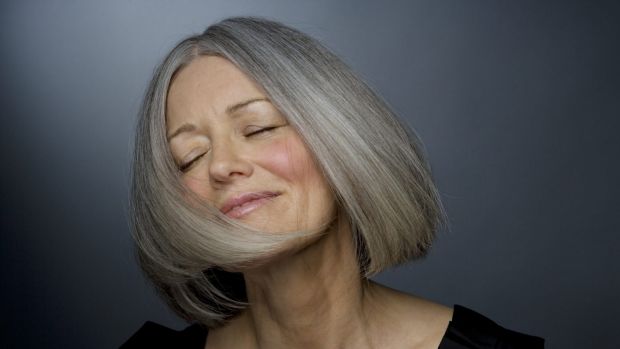
A study has found that older women are happier. Photo: Supplied
If you’re a woman older than 50 living in Queensland, chances are you are one of Australia’s happiest people.
That means retired Olympic swimmer Lisa Curry or controversial political aspirant Pauline Hanson could be among the ranks of the nation’s most contented if the National Australia Bank’s wellbeing index is anything to go by.
It found that Queenslanders are the nation’s happiest, especially if they are female, older than 50, and living in a regional city.
But Victorians were rated the unhappiest, along with rural residents, women aged between 18 and 29 and those who finished their education at high school.
Those who are widowed or married and not working were the most satisfied with their lot in life, along with parents of two children.
Childless people, however, were happier than parents with one child or more than three kids.
When it comes to educational qualifications, those with a diploma were slightly more likely to smile than those with a bachelor or post-graduate degree.
Professionals and those earning $75,000 to $100,000 topped the wellbeing stakes while those paid less than $35,000 were the unhappiest.
NAB’s barometer of happiness found wellbeing levels had deteriorated during the December quarter as anxiety levels reached a new high.
“Anxiety is still the biggest detractor of personal wellbeing for a significant proportion of Australians, with around 38 per cent rating their anxiety levels as very high,” NAB chief economist Alan Oster said.
Cost of living rated as the most serious concern despite the cheapest petrol in five years.
Access to healthcare was the next most pressing matter, especially for the unemployed and low paid.
WHAT MADE YOU MORE LIKELY TO SMILE AT THE END OF LAST YEAR
- A vocational, diploma or university qualification
- Not having to work
- A technical, clerical or sales job
- Earning more than $35,000 but less than $100,000
- Being single – although they are more likely to be anxious
(Source: NAB survey of more than 2,100 people during mid to late November, 2014)
AAP
